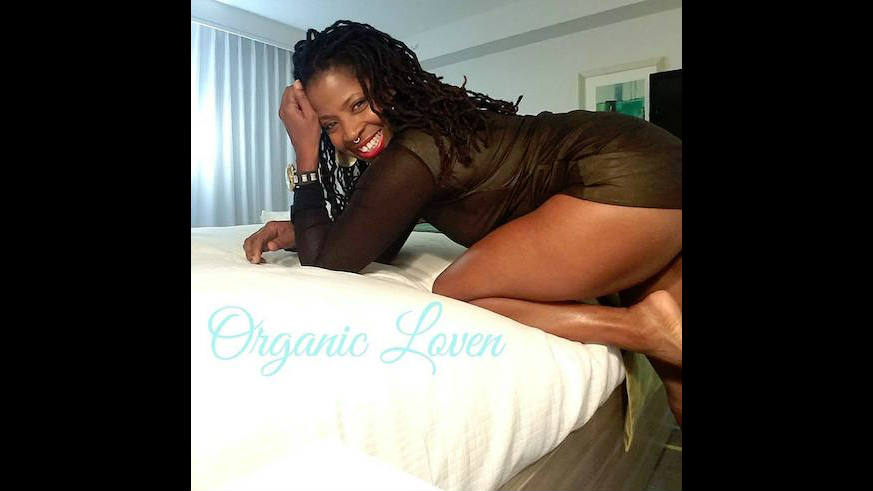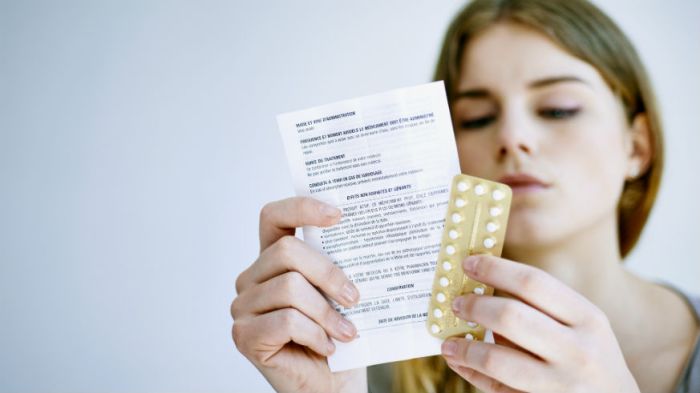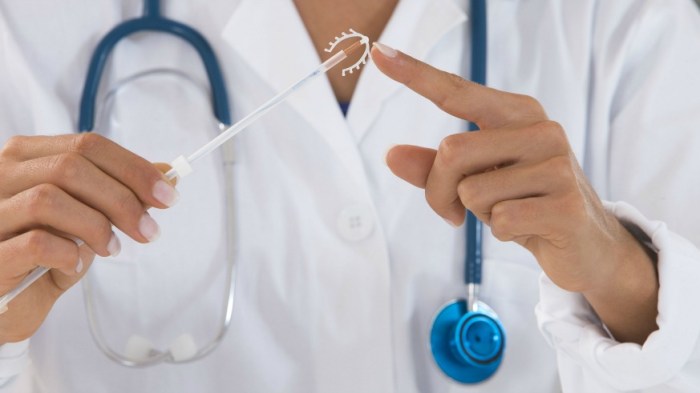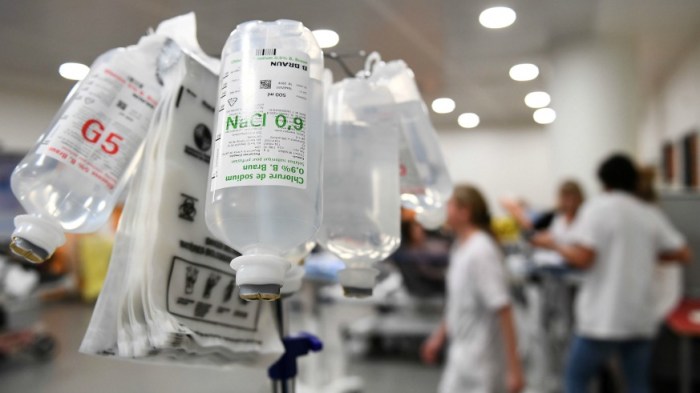You’re young, spry and nimble. You are at the top of your sexual game. What would you need lube for? Pretty much everything. When it comes to sex, lube makes the world go ‘round, but how do you know what lubricant to choose? Go naked, Goddess Taylor Sparks suggests.
Erotic educator Sparks took the time to explain the good, the bad and the very good of personal lubricants.
And while she’s making America wet one vagina at a time, she’s living — not just her best life, but possibly — the best life.
“Well, only if you like to travel and you like being around a bunch of naked people,” Sparks told us with a laugh. “It’s not everyone’s thing.”
A goddess’ go-to lubes
Sliquid
“I always say the new Sliquid, which is coconut based, is a-mazing. You can’t use it with latex condoms, because it’ll eat through the latex, but if you’re not using condoms, that’s my No. 1.
Good Clean Love Almost Naked
“My No. 2 would be Good Clean Love Almost Naked. [In my Sex Expo workshop] I passed it out and had people taste it, smell it and feel it with the samples because p-ssy should taste like p-ssy. Not cookies and cream. Not bananas and strawberries.
“Women are masking their own natural secretions with these flavored lubes and so many of them have chemicals in them. And they have sugar in them —glycerin and sucrose and glucose which are all derivatives of sugar — and when you put sugar in warm and wet what do you get? You start baking bread.
“I tell women you need to taste yourself and smell your secretions because as soon as a woman’s health is off, her vaginal secretions will change. So, they need to know, not mask them.
“Plus, if someone’s gonna be down there, I want them to know ‘Oh yeah, I know what you taste like.’ Not the cookies and cream. I don’t taste like cookies and cream.”
What to avoid when choosing a lube
Our skin is porous and absorbs about 60 percent of what we put on it, according to Sparks. Despite sweating, bioaccumulation occurs, during which a tiny bit of everything we apply topically builds up.
Here are a few chemicals Sparks refuses to sell (and suggests you avoid):
Propylene glycol
“Propylene glycol is a cousin to antifreeze. It’s not antifreeze and it’s something that the government calls G.R.A.S. (genrally regarded as safe).
“It’s in toothpaste, dog food, it’s in shampoo and when it dries, it dries the vaginal tissue and when you get dry you get micro tears in the vagina and that makes you susceptible to things you try not to get like HPV and Bacterial Vaginosis. … Even if it doesn’t bother you, it should not be in the vagina.”
Parabens and thiolates
“So many parabens are connected to all types of cancer … and we just won’t carry them. And some of the products are good. Meaning they feel good, but my company won’t carry them and I tell people the truth. I’m like, ‘I know it’s a great product and it’s medical-grade silicone in your lubricant but it’s still plastic and I just don’t think that’s healthy. If I can’t cook in it…’
“You know if you open up the package from a sex toy you can smell that plastic because it has thiolates in it, which are in your Tupperware and certain plastics. If you can’t cook in it, why would you put it in a 96-degree body?
“I’m not vegan. I’m a carnivore and I like meat but if I’m going to use it every day in my body — deodorant near my lymph nodes, toothpaste in my mouth — I want to use something organic.”



















